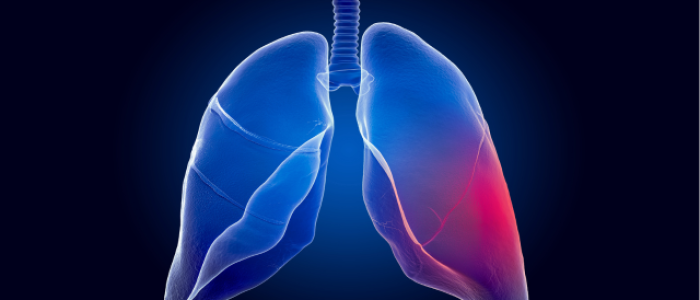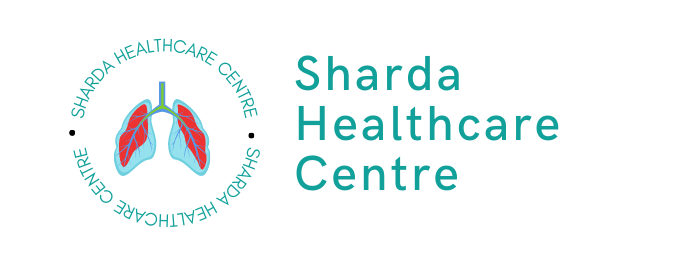
Cystic Fibrosis: Symptoms, Causes, and Treatment
Cystic fibrosis is a life-threatening genetic disorder that affects the lungs, digestive system, and other organs in the body. It is caused by a defective gene that controls the movement of salt and water in and out of cells, leading to the buildup of thick, sticky mucus in various organs. This mucus accumulation can cause breathing difficulties, recurring lung infections, and digestive problems. In this article, we will explore the symptoms, causes, and treatment options for cystic fibrosis.
Symptoms of Cystic Fibrosis
The symptoms of cystic fibrosis can vary in severity from person to person, and they may change over time. Here are some common symptoms:
- Respiratory Symptoms:
- Persistent cough with thick, sticky mucus
- Wheezing and shortness of breath
- Recurrent lung infections, such as bronchitis and pneumonia
- Nasal polyps and sinus infections
- Digestive Symptoms:
- Poor growth and weight gain due to malnutrition
- Frequent, greasy, and foul-smelling stools
- Abdominal pain and discomfort
- Constipation or intestinal obstructions
- Other Symptoms:
- Salty-tasting skin
- Male infertility due to absence or blockage of the vas deferens
- Delayed puberty and growth in children
Causes of Cystic Fibrosis
Cystic fibrosis is a genetic disorder caused by mutations in the cystic fibrosis transmembrane conductance regulator (CFTR) gene. This gene is responsible for producing a protein that controls the movement of salt and water in and out of cells. When the CFTR gene is defective, it leads to the production of a faulty protein, which results in the accumulation of thick, sticky mucus in various organs.
Cystic fibrosis is an autosomal recessive disorder, which means that a person must inherit two copies of the defective CFTR gene, one from each parent, to develop the condition. If a person inherits only one copy of the defective gene, they are considered a carrier and do not have the disease, but they can pass the gene on to their children.
Diagnosis of Cystic Fibrosis
Cystic fibrosis can be diagnosed through various tests, including:
- Newborn Screening: Many countries have implemented newborn screening programs to detect cystic fibrosis shortly after birth through a blood test.
- Sweat Test: This is the standard diagnostic test for cystic fibrosis. It measures the amount of salt (sodium and chloride) in the sweat, which is typically elevated in people with cystic fibrosis.
- Genetic Testing: This test can identify specific mutations in the CFTR gene, confirming the diagnosis of cystic fibrosis.
- Clinical Evaluation: Healthcare providers may also consider the patient’s symptoms, family history, and other medical tests to diagnose cystic fibrosis.
Treatment for Cystic Fibrosis
While there is no cure for cystic fibrosis, various treatments can help manage the symptoms and improve the quality of life for those living with the condition. Here are some common treatment approaches:
- Airway Clearance Techniques: These techniques, such as chest physical therapy, vibrating vests, and nebulized medications, help loosen and clear the mucus from the lungs, improving breathing and reducing the risk of lung infections.
- Antibiotics: Antibiotics are used to treat lung infections and prevent further complications.
- Bronchodilators: These medications help relax and open the airways, making it easier to breathe.
- Nutritional Therapy: People with cystic fibrosis often require a high-calorie, high-fat diet and pancreatic enzyme supplements to aid in digestion and promote proper growth and development.
- CFTR Modulators: These are a class of medications that target the underlying cause of cystic fibrosis by correcting the function of the defective CFTR protein or increasing its production.
- Lung Transplantation: In severe cases, when the lungs are severely damaged, a lung transplant may be considered as a last resort.
- Gene Therapy: Researchers are exploring the potential of gene therapy, which aims to introduce a healthy copy of the CFTR gene into the cells of people with cystic fibrosis.

Frequently Asked Questions About Cystic Fibrosis
People with cystic fibrosis experience a buildup of thick, sticky mucus in their lungs and other organs, leading to various respiratory and digestive problems. Over time, this can cause progressive lung damage, malnutrition, and other complications.
Thanks to advances in treatment and care, the life expectancy for people with cystic fibrosis has improved significantly in recent decades. Currently, the median predicted survival age for individuals with cystic fibrosis is around 40 years, but with proper management, many people with the condition can live into their 50s and beyond.
Currently, there is no cure for cystic fibrosis, but ongoing research and clinical trials are exploring potential treatments, including gene therapy and new medications that target the underlying cause of the disease. However, with proper management and treatment, many people with cystic fibrosis can lead relatively normal lives and manage their symptoms effectively.
Conclusion:
Cystic fibrosis is a complex and challenging genetic disorder that affects multiple organ systems in the body. While there is no cure yet, advancements in treatment and care have significantly improved the quality of life and life expectancy for people living with this condition. Early diagnosis, comprehensive management, and ongoing research efforts offer hope for better outcomes and potentially more effective treatments in the future. If you or a loved one is affected by cystic fibrosis, it is crucial to work closely with a healthcare team specializing in the management of this condition to develop an appropriate treatment plan and receive the necessary support.
